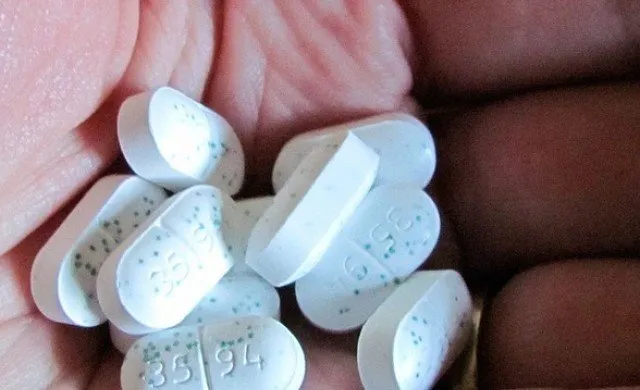
People who have suffered a heart attack are often given advice: if ever this happens, they should drink one aspirin before calling Emergency.
The heart attack is extremely serious, but taking one pill can help prevent irreversible.
Acute coronary syndrome is caused by plaque rupture in the coronary artery. This rupture causes the appearance of a blood clot in the artery, resulting in blockage.
Part of the heart muscle, which is supplied with blood from the artery, begins to die. Death of the heart muscle is what determines myocardial infarction.
This means that when you have a heart attack, much of the problem is the increase in the blood clot in the affected artery. The formation of this blood clot depends to a large extent on blood platelets, which are small blood cells whose job is to participate in blood clotting.
Why aspirin?
It turns out that aspirin - even in small doses - can quickly and potentially suppress platelet activity and can therefore stop blood clot growth.
Inhibition of blood clotting is critical if you have a heart attack and even supplying some blood to the coronary artery can protect your heart muscle cells.
Large clinical trials show that if aspirin is used immediately in acute heart attacks, mortality after five weeks is reduced by 23%. That's why chewing and swallowing aspirin is usually one of the first things you have to do in a similar situation.
How much and how to get it
The recommendation is to take one aspirin (325 mg). Chewing or crushing causes it to get into your blood faster - within four to five minutes - and researchers have a significant effect on platelets in this short period of time.
Taking whole aspirin with water, as usual, takes 10 to 12 minutes to get the same effect. This time difference may seem small, but this is also a precious time in which your heart is at risk.